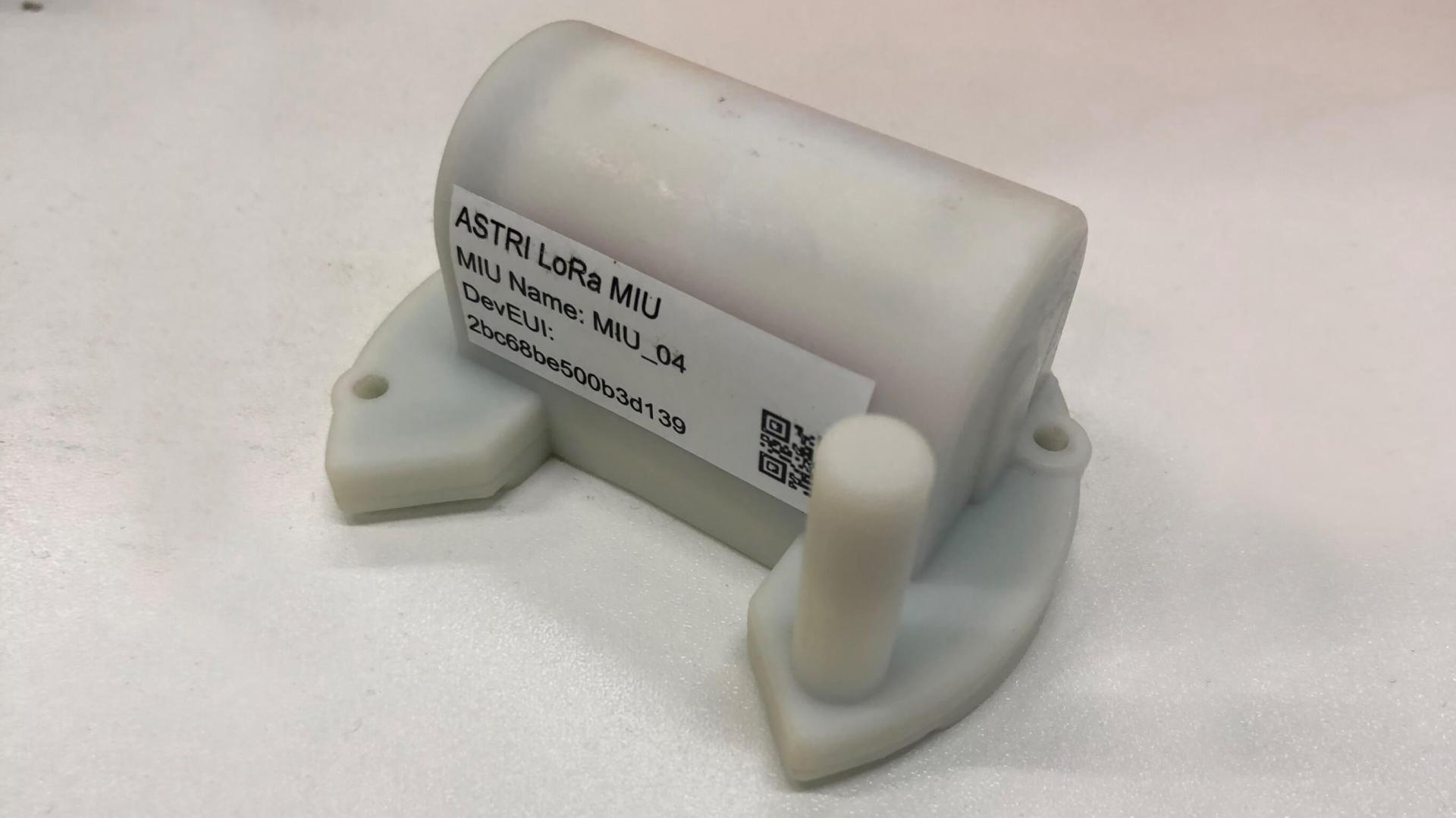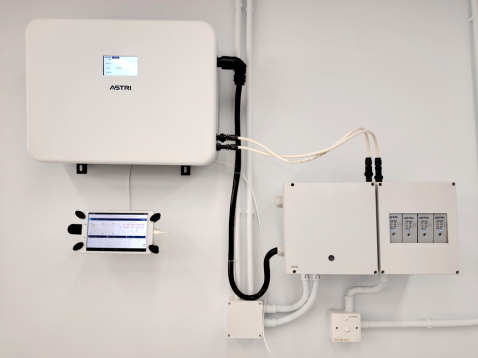
Ultrasonic Sensor System-on-Chip (SoC)
Currently, ultrasonic sensor chips are monopolized by foreign companies. As a major automotive producer with an annual output of 30 million vehicles, it is of great significance for China to achieve domestication of ultrasonic sensor chips. Based on market demand, ASTRI has successfully developed an ultrasonic sensor system on chip (SoC). This SoC integrates advanced digital signal processing (DSP), analog signal processing (ASP), third-generation distributed system interface (DSI3), and microcontroller unit (MCU). This is the first ultrasonic sensor SoC chip from mainland China and Hong Kong, which can serve as a PIN to PIN replacement for foreign counterparts.
Ultrasonic radar systems in automotive applications face challenges in accurately detecting and measuring echoes due to low SNR, which makes it difficult to distinguish weak echoes from background noise, and multiple echo interference, where overlapping reflections from different surfaces complicate object identification. These issues can lead to unreliable distance measurements or false detections, impacting the performance of safety-critical systems like parking assistance and collision avoidance.
- Auto-calibration methodology, which can maintain a stable transmission insensitive to ambient temperature variation, aging, and environmental changes.
- DSP algorithm that uses the Hilbert Transform to generate an analytic representation of the echo signal with maximized SNR, realizing accurate real-time echo analysis
- Ultrasonic parking radar is an important automobile safety auxiliary device, and its core technology is the ultrasonic sensor chip system. Currently, ultrasonic sensor chips are monopolized by foreign companies. As a major automobile production country with an annual output of 30 million vehicles, China has extremely important significance in achieving domestic substitution of ultrasonic sensor chips.
- This is the first ultrasonic sensor SoC chip in Mainland China and Hong Kong, which can achieve PIN to PIN replacement for similar foreign products.
- In line with the national chip strategy, realize domestic substitution of ultrasonic radar chips by transferring technology to the industry.
- The innovation creates new opportunities across industries, driving progress and economic growth.
- Geneva Invention 2025 Bronze Medal - Implementation Method of Ultrasonic Echo Envelope Detection
Hong Kong Applied Science and Technology Research Institute (ASTRI) was founded by the Government of the Hong Kong Special Administrative Region in 2000 with the mission of enhancing Hong Kong’s competitiveness through applied research. ASTRI’s core R&D competence in various areas is grouped under four Technology Divisions: Trust and AI Technologies; Communications Technologies; IoT Sensing and AI Technologies and Integrated Circuits and Systems. It is applied across six core areas which are Smart City, Financial Technologies, New-Industrialisation and Intelligent Manufacturing, Digital Health, Application Specific Integrated Circuits and Metaverse.







